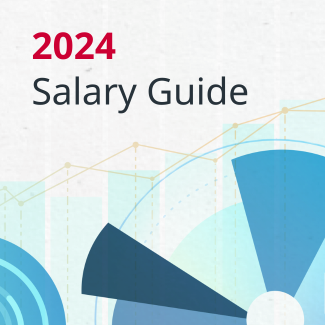What is Ramadan?
Ramadan is the ninth month in the Islamic (lunar) calendar, known as the ‘Hijri’ calendar – the calendar of migration – in the Arabic language. It starts from the day the Prophet Mohammed migrated from the city of Makah to the city of Medina, in Saudi Arabia. It has Islamic significance because it is the month the Qur’an was descended upon and revealed to the Prophet Mohammed. It is also the month of fasting for Muslims. The Arabic word Ramad means heat or drought. So the literal meaning of Ramadan is the month of heat/drought. It symbolises abstinence from drinking water during the hours of fasting: dawn to dusk.
What is fasting?
Fasting is the fourth of the five pillars of Islam:
- The declaration of faith
- Establishing the five daily prayers
- Offering the annual charity of the alms (to the poor and the needy, 2.5% of all savings)
- Fasting during the month of Ramadan
- The pilgrimage once in a lifetime for those who are physically, financially and mentally capable
- Fasting entails abstinence from all food and drink, from dawn till dusk, every day throughout the holy month
- Fasting is prescribed on every mature, adult Muslim who is physically capable. Children, the elderly and those with health issues are exempt.
As well as fasting from food and drink, which is one aspect of the ritual, there are other requirements. Muslims must:
- Observe the five daily prayers
- Exert extra effort in performing good deeds and refraining from evil actions that are prohibited in Islam
- Guard against all forms of ill speech, for example, lying, backbiting, slander, foul speech
- Avoid any substances (including smoking, non-life-critical medication, etc.) during fasting hours
- Manage anger
- Forgive people who have wronged them
- Avoid excessive or extravagant spending
- Maintain and honour family ties
- Remain gentle and polite in all transactions and interactions
- Avoid sexual contact between spouses during the fasting.
Why people fast during Ramadan?
Ramadan is a once-a-year spiritual recharge and boost for Muslims. Fasting allows Muslims to test their self-restraint and to control their desires. It serves as a reminder to distinguish between ‘needs’ and ‘wants’ and to live a balanced life, free from excess and extravagance.
Cultural and behavioural changes you may see during Ramadan
- Cafés, food courts, restaurants and shopping centres may close during the hours of fasting
- Businesses may work fewer hours so staff can avoid exhaustion
- Late-night activity in the city may increase to make up for the quietness during the day and because of the extra congregational night prayers Muslims attend during the holy month
- Special Ramadan buffets for Iftar (when Muslims break their fast) and Suhoor (pre-fast meal) to encourage a social theme to the month
- An overall festive environment.
What should you do
- You should avoid eating or drinking in public or in front of people who are fasting, during the daylight hours (except for children, the elderly and those who for health reasons cannot fast)
- You should expect and accept delays if things take longer than usual because of any changes to business and daily life. Remember, there may be shorter working hours during the holy month
- You may wish to congratulate and greet Muslim colleagues and friends during the holy month
- Both men and women alike should try to wear clothing to cover from the shoulders to the knees when out in public
- Avoid wearing shorts/short skirts
- Public beaches, beach parks and hotel pools will be open as usual. You may continue to wear swimwear in these areas
- Avoid intimate public displays of affection.
For more information about living and working in the UAE during Ramadan as an expat or the latest recruitment insights, contact us today.

Start your job search
Moving to Dubai for work? Your next career opportunity awaits. Search our latest job vacancies in UAE now.

Moving to the UAE
Want to know more about working in the Emirates? Read our tips on moving to and working in the UAE.

2024 Salary Guide
Our 2024 Salary Guide is your complete resource for benchmarking salaries in the UAE, covering remuneration, benefits and market trends for over 150 positions.
